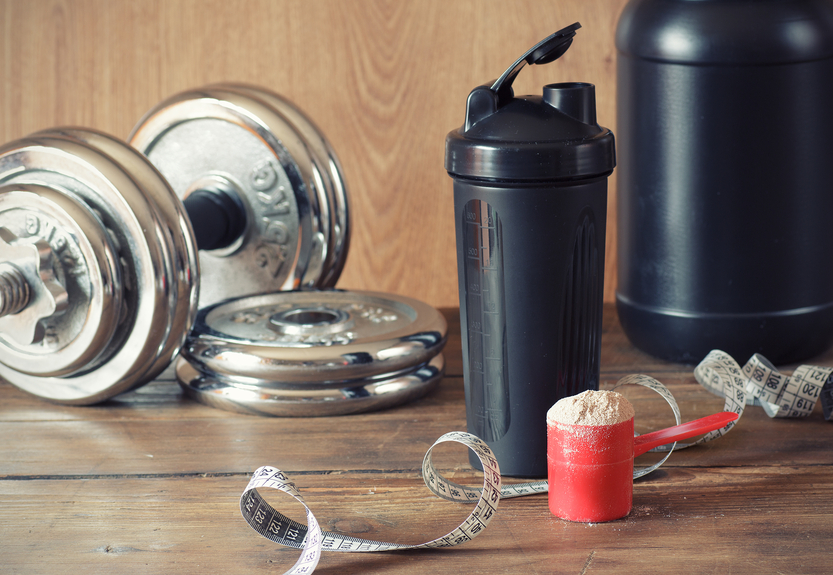
We can say that sports nutrition is the area that studies the relationship between food and sports practice. Whether for professional athletes and amateurs or practitioners of physical activities. It is about applying knowledge of nutrition, physiology, and biochemistry in the practice of exercises.
This is done to improve performance, optimizing post-exercise recovery, and promoting health. Due to the influence of nutrients on the body’s performance, it is possible to seek better results by changing the diet. The main goals are usually fat loss and lean mass gain, both directly related to nutrition. In addition, the excessive physical effort can cause physiological changes and nutritional strain on the athlete.
It is necessary to make the correct compensation through feeding. It is seen as a nutrition specialty aimed at serving athletes and people who practice regular physical activity in practice. Individuals are seeking to improve their performance and modify their body composition. Therefore, it has also been gaining market share in gyms.
In addition to aiming for healthier individuals, the sports nutritionist works to improve the performance of their patients in the practice of sports. Thus, the basis of this science is the combination of the benefits of these two pillars of good health: exercise and nutrition. The sports nutritionist works to improve the performance of their patients in the practice of sports.
Primary Duties Of The Sports Nutritionist
- Assess body composition — common indicators such as BMI (Body Mass Index) do not differ from composition weight, so they are not entirely practical. It is necessary to know how to assess the proportion between the different components such as fat, muscle mass, skin, bones, viscera, water, etc.;
- prepare a diet for training and competitions — if this is the case, this implies defining how, how much and when the patient should eat to ensure nutrients in the appropriate amount and time. Food must cover energy expenditure but also promote the body’s recovery, whether for an athlete or a mere regular gym practitioner;
- develop hydration plans — water is critical to your body’s performance. However, each individual has a unique metabolism with different rates and rhythms; some transpire more, others less. In addition, it is necessary to consider the sporting regulation of the activity, conditions of the athlete, type of drinks available, among other issues;
- include ergogenic and nutritional aids in the diet — even though supplementation at SNAC can be beneficial, only a few supplements can be beneficial, and there are restrictions for each athlete. It is up to the sports nutritionist to indicate, as well as not recommend, if applicable;
- sharing data with the rest of the team — providing information and working together with coaches, doctors, and psychologists who care for the athlete makes treatment more positive.



